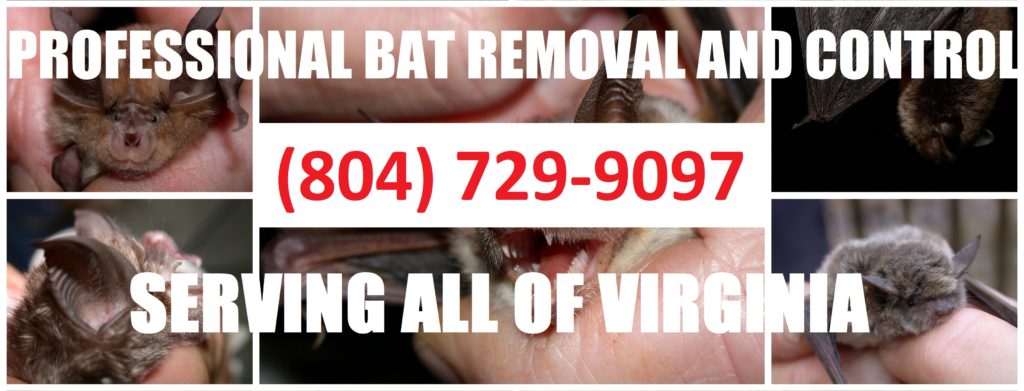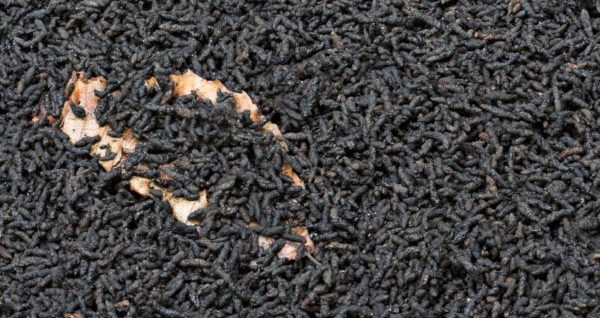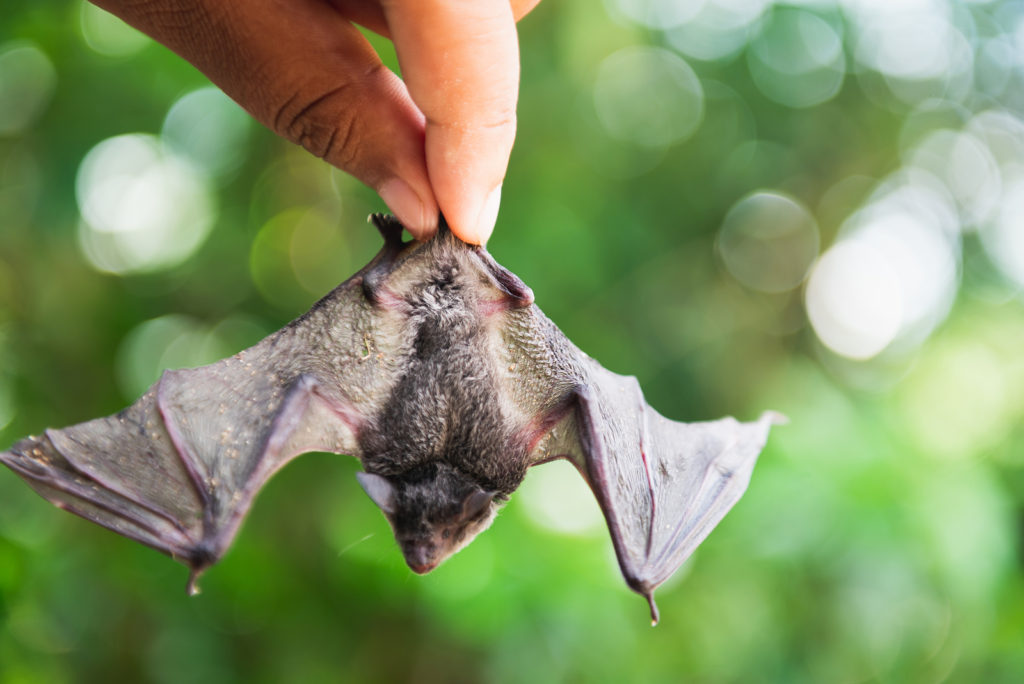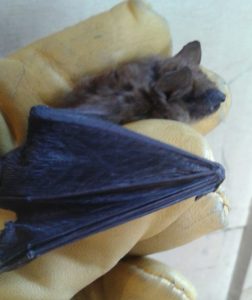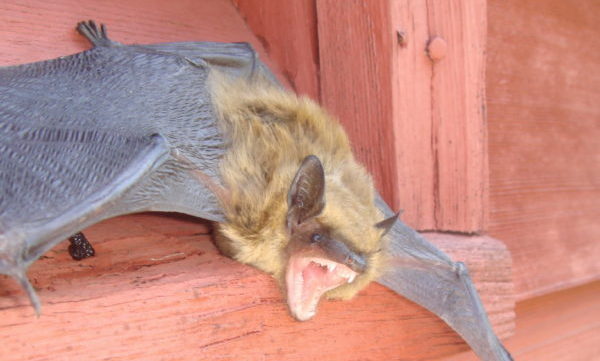Bats can be dangerous to pets and humans. One of the main reasons why this is true has to do with the illnesses and infections that bats can pass along. Bats should be avoided at all costs in order to prevent becoming infected with a harmful disease. Although bats are known carriers of several transmissible diseases and illnesses, the top three most common bat diseases here in Virginia are what you should be concerned about.
Continue reading to learn more about the Rabies Virus, Histoplasmosis, and bat parasites, as well as what to do if you pose a threat of bat encounters on your property.
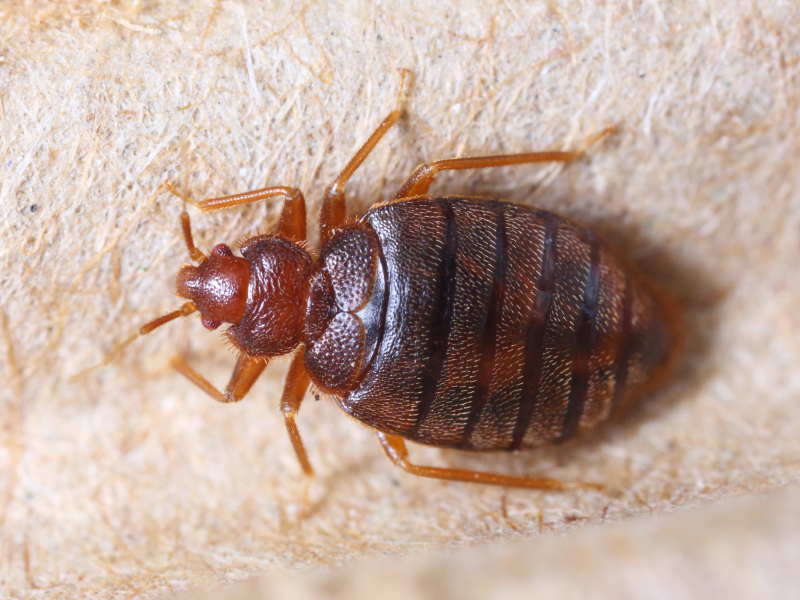
❶ Rabies Virus
This disease is the most common illness associated with bats, especially in Virginia. Not all bats carry rabies, but it is very common for them to be carriers of the disease. This means, no matter what, assume all bats have rabies in the wild. It is never a good idea to take a chance. Rabies has to be treated with a series of shots and injections to prevent further harm. Pets are common victims of bat bites and attacks, and should be given rabies vaccinations at the time of adoption.
❷ Bat Mites
Much less serious than rabies, but still extremely unpleasant, are bat mites, which can carry their own dangerous and infectious diseases themselves. Many people often mistake a case of bat mites for a case of bed bugs. Both infestations produce the same symptoms, itching, rash, small surface bumps. These mites are tiny little parasites that feed on bats. Treatments include aerosol bombs, insecticide treatments, and professional bat exclusion services.
❸ Histoplasmosis
This is a lung disease caused by a fungus named Histoplasma Capsulatum. Bats serve as the host of this fungus, which grows on bat droppings. Overtime, the spores become airborne and travel through the home or building’s ventilation systems. Upon inhalation, the spores can cause serious eye, lung, and other respiratory infections. If you suspect that your home or property has a bat infestation, you may have a Histoplasmosis problem as well. Have the entire vicinity inspected by a professional who retains proper equipment and training to accurately identify bat threats. Cryptococcosis is another possible bat disease that is similar to Histoplasmosis, but more often found in bird droppings.
Where to Get Professional Virginia Bat Removal Service You Can Count On
Call Virginia Bat Pros at 804-729-9097 to get rid of bats, or for emergency bat removal in Richmond, VA and all surrounding townships. In fact, our licensed and insured bat control specialists maintain a broad service area to keep up with the continuous demand for reputable bat abatement, and serve all areas of Old Dominion, including Petersburg, Short Pump, Lynchburg, Charlottesville, Norfolk, Chesapeake, Newport News, Virginia Beach, and much more. We are happy to find the right solutions for your nuisance bat problems that fit your budget. We also perform insurance claim work for attic restorations and cleanup needed after bat damages or an infestation. Request a free quote or bat control advice, anytime.
